From the news to social media, what we consume is littered with perspectives on sociopolitical and societal issues. Often, we love it! Our lives are curated for us, so what we think and feel is always validated. On the flip side, when it comes to watching a movie, people aren't seeking affirmation regarding their views of the world, nor have someone else's views passionately screamed at them through dismal exposition.
However, it is essential that films not only entertain but also educate. They can open our eyes to new ideas, and even sometimes, predict the future. No one likes a preachy movie, but when an entertaining film delicately sprinkles in themes and perspectives on societal issues instead of jamming them down your throat, the profound ideas neatly packaged in those narratives tend to cut through the audience much more.
Because of this, fictional narratives have the best potential to make it to the eyes and ears of viewers who have not sought out that particular perspective, allowing this form of media the best possibility of opening a viewer's mind to a whole new world. Ideas simply stick better when they are fun. Any movie genre can achieve this, but out of all the genres out there, none makes seeing the world differently more fun than comedy.
Now that we're done discussing perspective, here are some of the most iconic comedies of our time and what they say about society.
Network
Network (1976) is a satirical dark comedy about a news anchor, Howard Beale (Peter Finch), who is edging toward the end of his career. Once he finds out he is getting sacked, he loses it and threatens to blow his brains out on live TV. He then proceeds to go on a tirade, spouting off everything he thinks and feels. This gives the network a massive boost in ratings and sparks an idea in an over-ambitious producer, Diana Christensen (Faye Dunaway), to climb the corporate ladder. She puts together a program around Howard ranting on air about his thoughts, and the people love it. As Diana starts to see Beale as less than human and only as an asset or a liability, she pushes the envelope showing she will do anything for ratings and make it to the top.
Network was revolutionary and virtually predicted the future of news networks in America. Much of what is touched upon in the film still rings true today. The film's point; the exceptional greed-driven programming of television news will allow angry conspiratorial, biased, and outlandish anchors to shape and mold the nation's views without regard for the consequences as long as it means better ratings. The acclaimed director of Network Sydney Lumet praised screenwriter Chayefsky's ability to foresee the future of the changing news media landscape that gradually became shaped and molded by the "greater control of multinational conglomerates and their stockholders."
Trading Places
Trading Places (1983) is a brilliant comedy about an upper-class broker Louis Winthorpe III (Dan Aykroyd) and Billy Ray Valentine, a poverty-stricken hustler (Eddie Murphy) whose lives are turned upside down when the Duke Brothers, two affluent old businessmen, place a $1 bet on whether either Winthorpe or Valentine could adapt to the other's way of life. The powerful Duke brothers make all the arrangements and have both of their lives swamped. Winthorpe is now broke, and Valentine a wealthy business executive. This sets off chaos and confusion among the men and opens each of their eyes to a different way of life.
Trading Places hits hard on racial inequality in the upper class, the misconceptions of the lower class, and the general dichotomy between the rich and the poor. It's a film that lays its themes and perspective on hard, but so hysterically, that anything you may learn about societal difference will be an afterthought once the movie ends and you're done laughing.
Modern Times
Modern Times (1936) is a slapstick comedy that takes a hard look at America's industrial lifestyle in the modern society of the 1930s. To give some perspective on its relevance, In 1936, the Great Depression took a massive toll on the country. The struggles of so many Americans during these trying economic times are depicted very accurately in the film, but despite the severe nature of the great depression Modern Times gives us a precise but gentle look through a comedic lens. It is hilarious and says so much with almost no words. The story revolves around a factory worker (Charlie Chaplin) who is an employee at a top-of-the-line factory where the elaborate machinery is daunting.
From struggling to keep up with a production line, where he has to tighten bolts, to being the guineapig in a trial with a new state-of-the-art feeding machine, things just keep going wrong for him, and he is eventually deemed insane by his boss resulting in him being sent to a mental hospital. Once he is set free, he continues on more and more exploits, constantly getting into trouble. Modern Times is a timeless classic and one of the most studied comedies of all time.
Being John Malkovich
Quirky, hilarious, trippy, mind-bending, and profound, Being John Malkovich (1999) is a cult classic that centers on an unemployed puppeteer Craig Schwartz (John Cusack), who lives in New York. Like so many starving artists, Craig needs to find some form of income and reluctantly takes on a job as a filing clerk. At this new, incredibly mundane job, Craig stumbles upon a hole in a wall. This hole just so happens to be a portal that leads into the mind of the incredibly famous actor John Malkovich.
Once in his head, one can control him, live his lavish lifestyle, feel what it is like to be a celebrity, and then after about 15 minutes, for no apparent reason, eject out of his head and into a ditch off the New Jersey Turnpike. Being John Malkovich, although a conglomeration of bizarre ideas, concisely hits home on universal societal issues such as self-loathing, loneliness, sexual identity, wanting what one doesn't have, and even desperately wanting to be someone else.
The Invention of Lying
The Invention of Lying (2009) is a deeply profound story with a lighthearted tone and mood that takes a hard look at how lying shapes our society. The story takes place in a world where lying does not exist. Everyone says what they think and feel, and that's that; you have to live with the truth, whether it be comforting or harsh. This results in a sort of utopia because no one can lie for personal gain. However, everyone comes off as robotic, and those who are sad or suffering can never be comforted by a simple white lie, thus making this logical and high-functioning society a bit of an inhuman experience. When Mark Bellison (Ricky Gervais) is fired from his job as a screenwriter for historical films (there is no fiction), he can't pay his rent. He heads to the bank to withdraw what he has, but the bank's system is down, and the teller asks him how much money he has in his account. Just then, for the first time in history, he lies and tells her $800 is in his account, the exact amount he needs for rent.
When it works, he uses his newfound power for various reasons, but things take a hard turn when his mother has a heart attack and is hospitalized. Afraid of death, she expresses her fear to Mark about the world of nothingness when one dies. At that moment, he uses his ability to tell her about an afterlife, a magical, happy place she will go to when she dies. Subsequently, what he says goes viral, everyone believes him, and he inadvertently invents religion. Although some may find the notion that religion would not exist if we couldn't lie disturbing, The Invention of Lying has so much more to offer on how humanity interacts with one another, how relationships are built and maintained, and the importance of all the little things good and bad that make us human.
Office Space
Work is tedious; desk jobs are incredibly dull, and a desk job in a cubical; torture. But this is everyday life for much of America. Office Space(1999), one of the most iconic comedies of the '90s, focuses on the incredibly mind-numbing work life of Peter Gibbons (Ron Livingston), who isn't even really sure what he does at the software company Initech. During one fateful session of hypnotherapy, Peter is put in a harmonious state of pure bliss, but while he is under, his therapist dies. Peter, never being snapped out of his hypnosis, stops doing anything he doesn't want to, so he can stay in that peaceful state of bliss. He starts sporadically showing up to work when he wants, and flat out stops caring about what anyone thinks. His new way of life inadvertently makes him look more confident.
Peter gets a new girlfriend, stops working even at work, and starts saying whatever he wants to the management team. Instead of his bosses reprimanding him, they perceive him as an undervalued, under-challenged, insightful employee and stick him on the fast track to upper management. However, when his friend's jobs are at risk, Peter aids them in hatching a scheme to take down the company. Office Space takes a big dig at the monotony of everyday life for the average working American and shines a light on the importance of work-life balance. Illustrating that there is more to life than showing up for work and that treating your employees poorly and overworking them can come back to bite you.
The Truman Show
The Truman Show (1998) could be one of the most significant predictors of current media consumption regarding social media influencers and reality TV trends. The movie revolves around Truman Burbank (Jim Carrey), a middle-class man living in the time of the nuclear family, or so he thinks. The reality is it is the distant future (the 90s). His entire life is a manufactured world on an isolated artificial island underneath the world's largest dome that projects images of the sky. He has no clue that 24 hours a day, people worldwide are watching him; eat, sleep, go to work, come home, and do it again.
Executive producer, Christof (Ed Harris), who oversaw every facet of The Truman Show, not only has a litany of hidden cameras that pick up Trumans every move, he even tailors Truman's life, such as having his father die when Truman was young, taking away the love of his life, and playing Cupid to make sure Truman marries the actress Christof wants. Truman begins discovering odd things around town, and as the truth of his reality starts coming to light, he delves into insanity, trying to decipher what is real and what is not. Unlike modern reality TV and social media, Truman had no idea everyone was watching him. But The Truman Show masterfully depicted America's obsession with watching other people simply live their everyday lives.
Dr. Strangelove or: How I Learned to Stop Worrying and Love the Bomb
Dr. Strangelove or: How I Learned to Stop Worrying and Love the Bomb (1964) is a political satire written and Directed by legendary director Stanley Kubrick. The film is about an American general who has lost his mind accusing communists of impurifiying Americans "precious bodily fluids," ruining his sexual performance. He has become exceedingly paranoid and is also convinced the Soviets will attack. So he ordered a bomb strike on the Soviet Union, which would trigger retaliation and turn the world into a nuclear wasteland if the bomb went off.
In a war room, politicians, generals, and the mad former Nazi scientist Dr. Strangelove try to devise a plan to de-escalate the situation and stop the bomb from going off. The film came out soon after the assassination of John F. Kennedy and the Cuban Missile Crisis and brought to light the overwhelming anxiety in America during the Cold War, as many lived in constant fear of a nuclear attack. America was constantly on edge for many reasons, but the darkly hilarious film was the perfect way to have a laugh and try not to worry.
Borat
Sacha Baron Cohen is known for a handful of hilarious and insanely dumbed-down characters he has awkwardly had conversations with people as, but he is probably most well known for his iconic performance as the reporter from Kazakhstan, Borat. Considered one of the most of the greatest mockumentaries of all time, Borat (2006) revolves around the blunt reporter Borat on his adventure to America, where he sets out to find what makes America the greatest nation on earth.
His goals quickly change when he sees a video of actress Pamela Anderson and falls in love with her instantly like a Disney prince seeing princes, thus dropping everything he's doing to find her and make her his wife. Borat may very well be the most absurd film out of this bunch, but it exemplifies an equally strong depiction of societal issues in America. Cohen utilizes the extremely exaggerated stereotype of a radical, sexist, and racist middle easterner to bring out the intolerance of foreigners, particularly Muslims, in America. As harsh and ironic as the reality is that some Americans think the same way as the radical extremist they judge, the situations are equally hilarious.
Blazing Saddles
Blazing Saddles (1974), directed by the legendary Mel Brooks, is a gunslinging, satirical, slapstick comedy that uses every Western cliche it can to tell the story of a black man recruited as sharif to an all-white, middle-of-nowhere desert town in 1874. Bart (Cleavon Little) is a railroad worker who is duped into being the first black sheriff in the small town of Rock Ridge. The town will be destroyed to build a new railroad, and a gang of hired thugs keeps terrorizing the townsfolk to make them leave. At first, Bart is a victim of plain old racism. No one takes the time to get to know or talk to him. But when they need his protection, they start to warm up. Despite the challenging subject matter, Blazing Saddles is not in any way a dark comedy. There are fart jokes and whacky off-the-wall slapstick humor at every turn.
Blazing Saddles broke numerous barriers, including being the first film to ever feature a fart on screen (in fact, many farts). Regardless, Blazing Saddles would hardly be made today with its excessive use of racial slurs. It was even close to not having a wide theatrical release back then. However, the film's goal was not to sugarcoat history but to showcase the ugly truth of American culture in 1874 and then sugarcoat that ugly truth with slapstick humor, fart jokes, and a man punching a horse in the head (which was also controversial and urged to be cut out of the film). Blazing Saddles still strikes a chord generations later, saying a lot about America's extreme and prevalent racial biases, but Mel Brooks does it all so comedically.
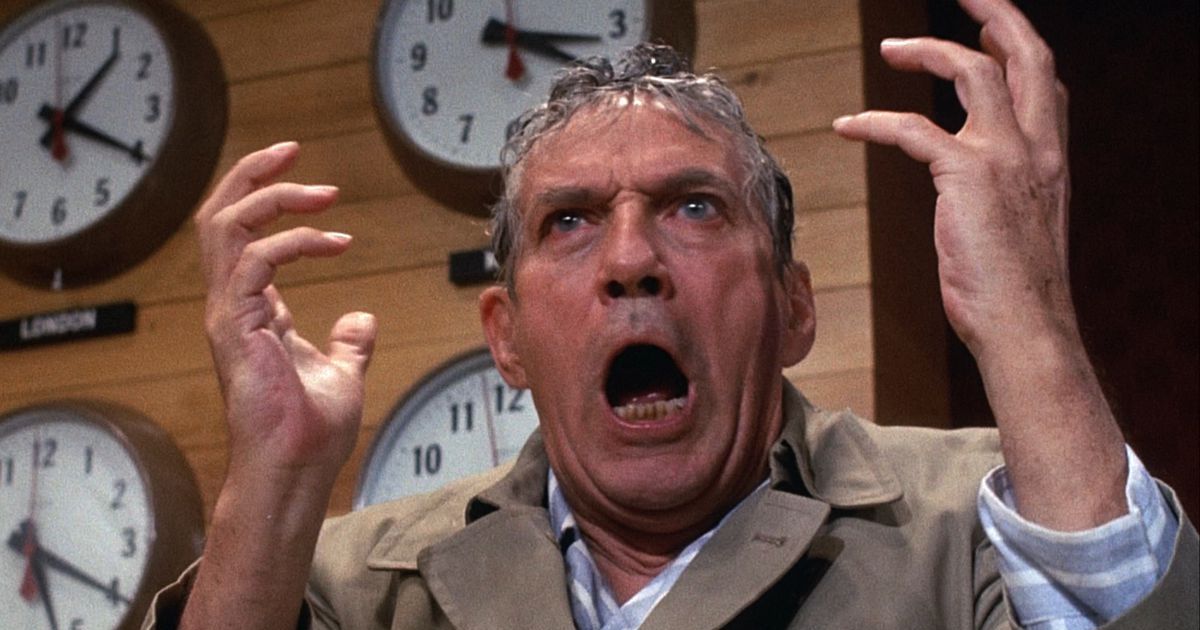
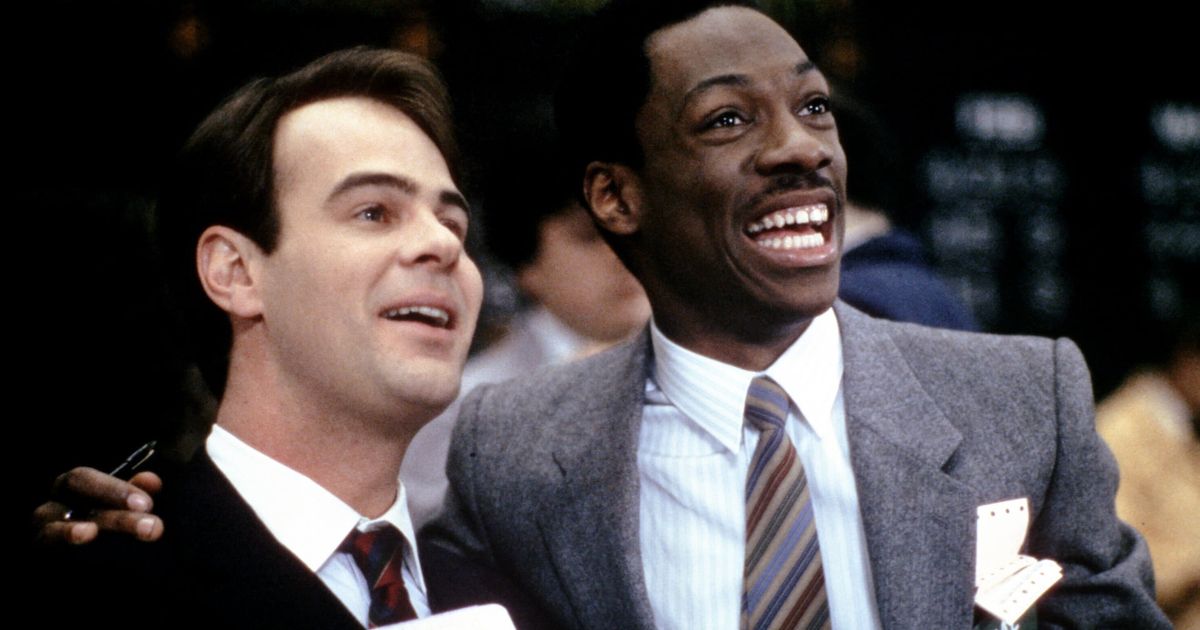
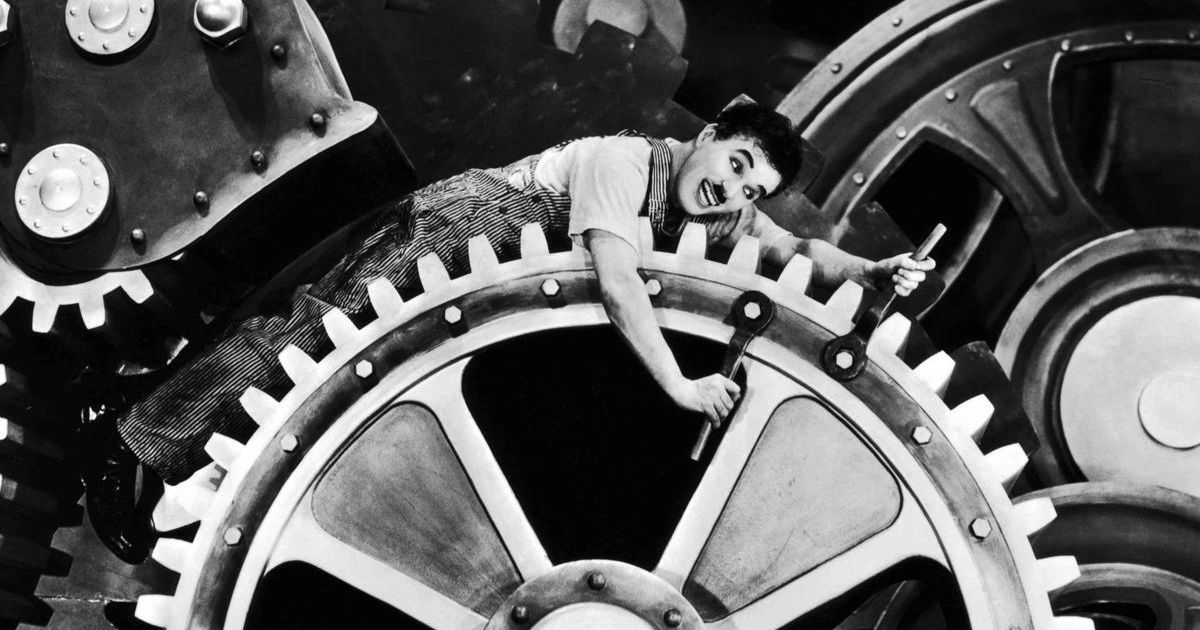
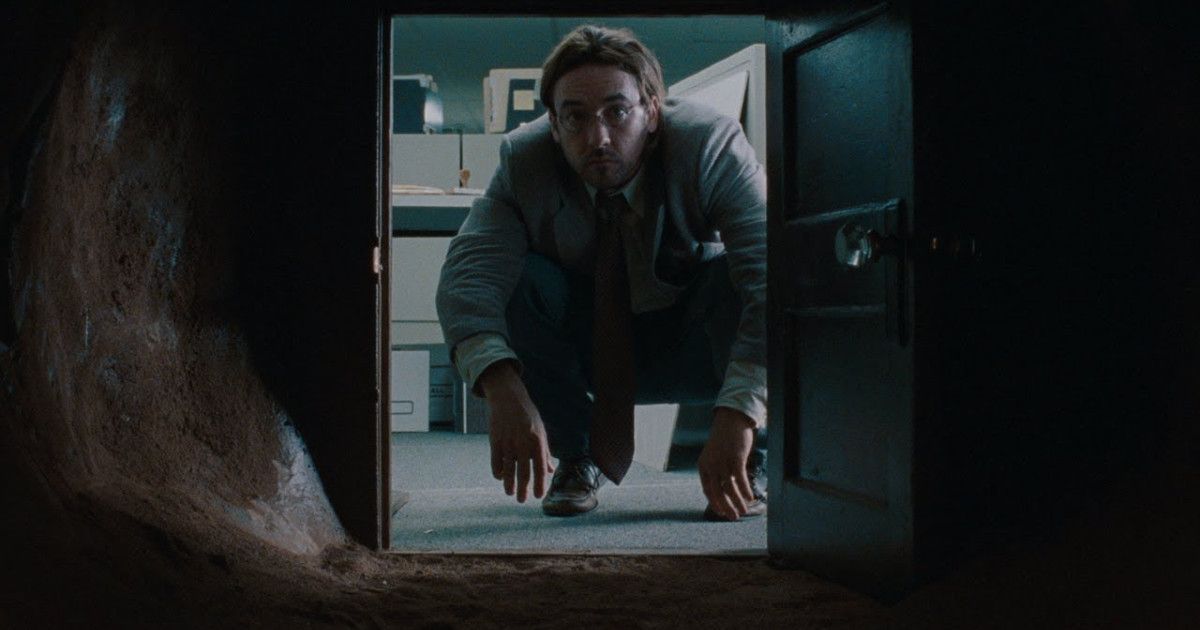
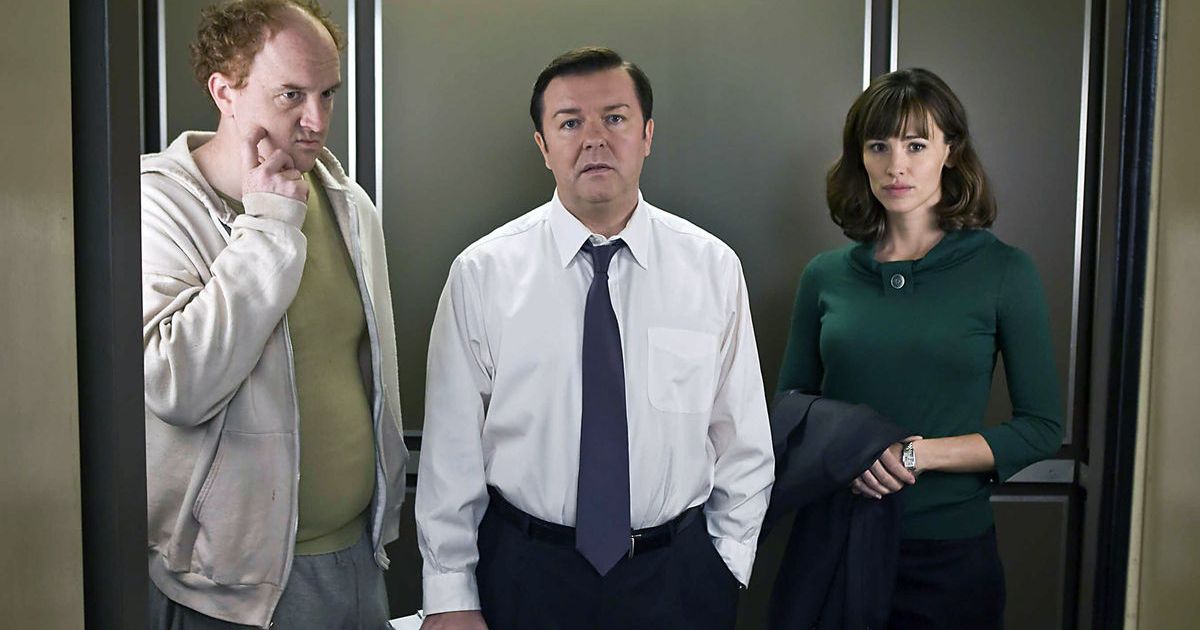

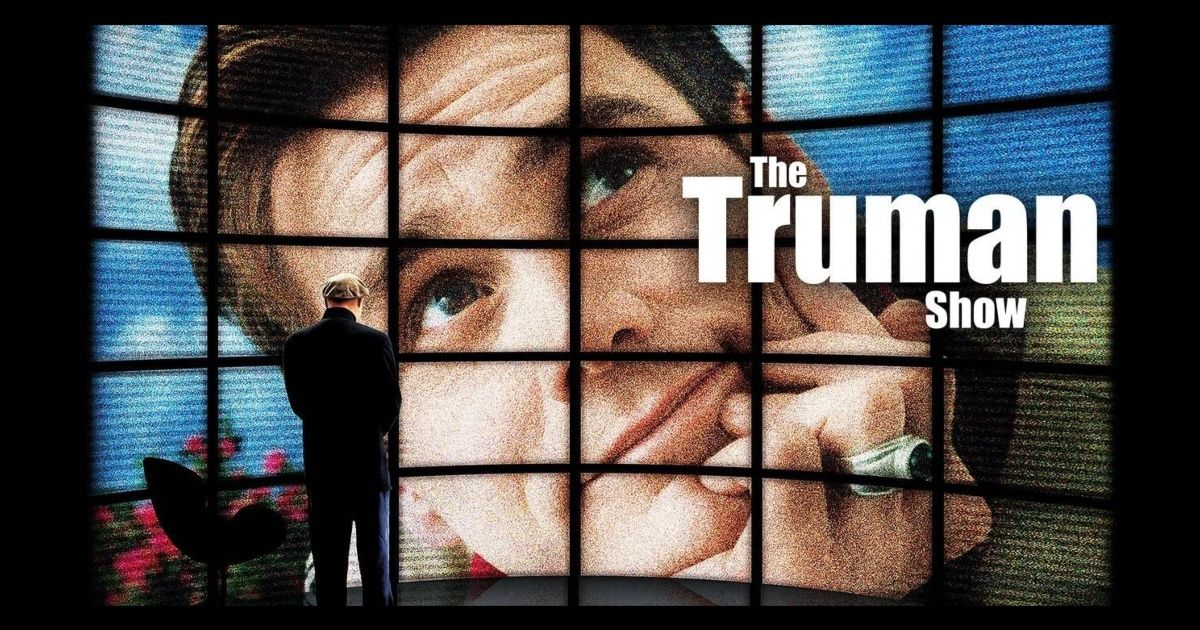
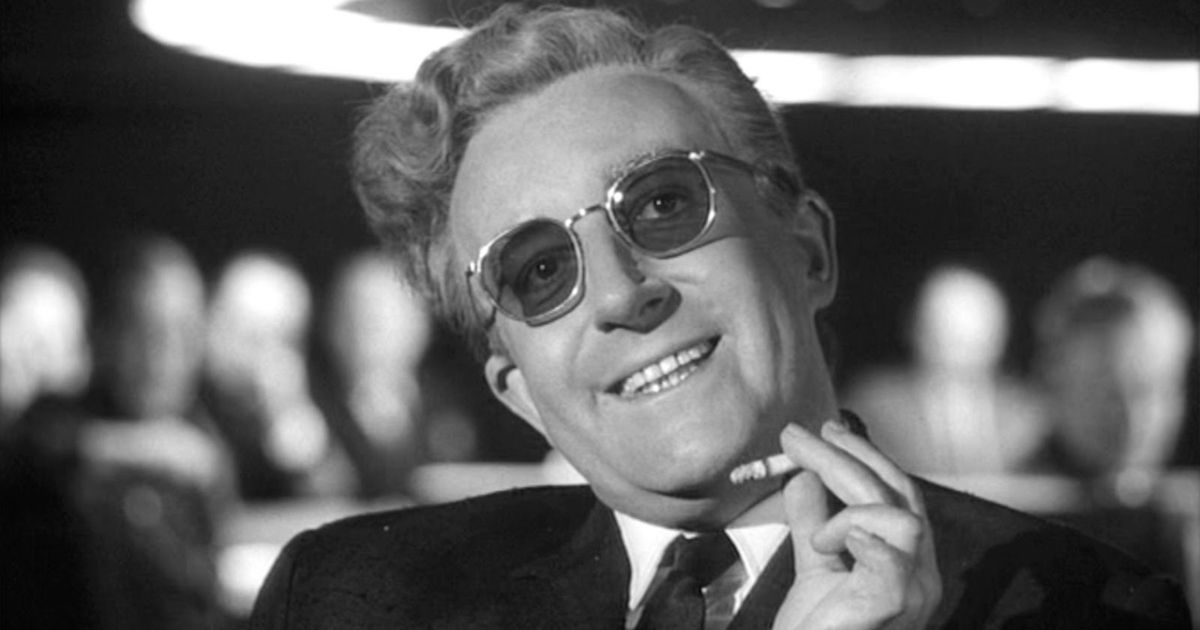
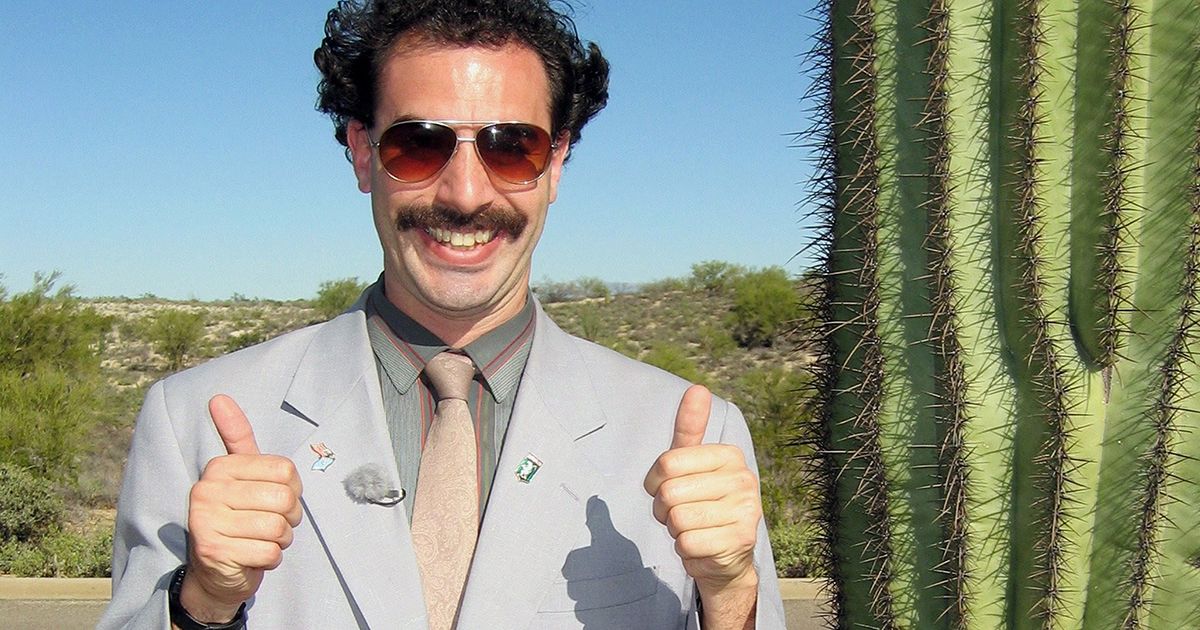
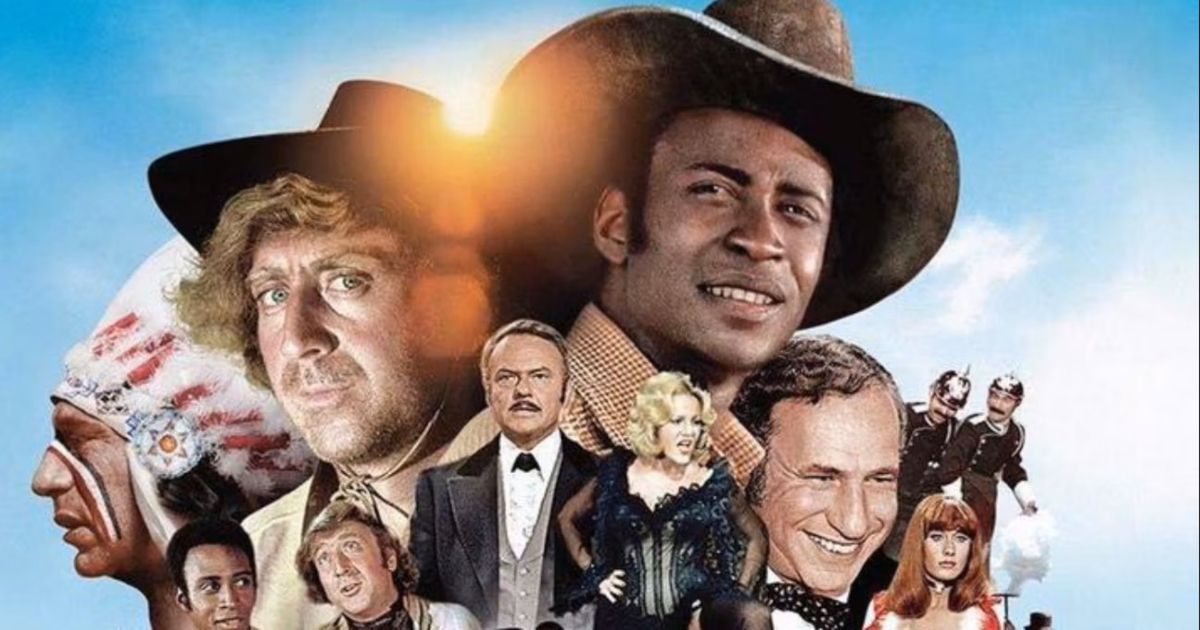
Comments
Post a Comment